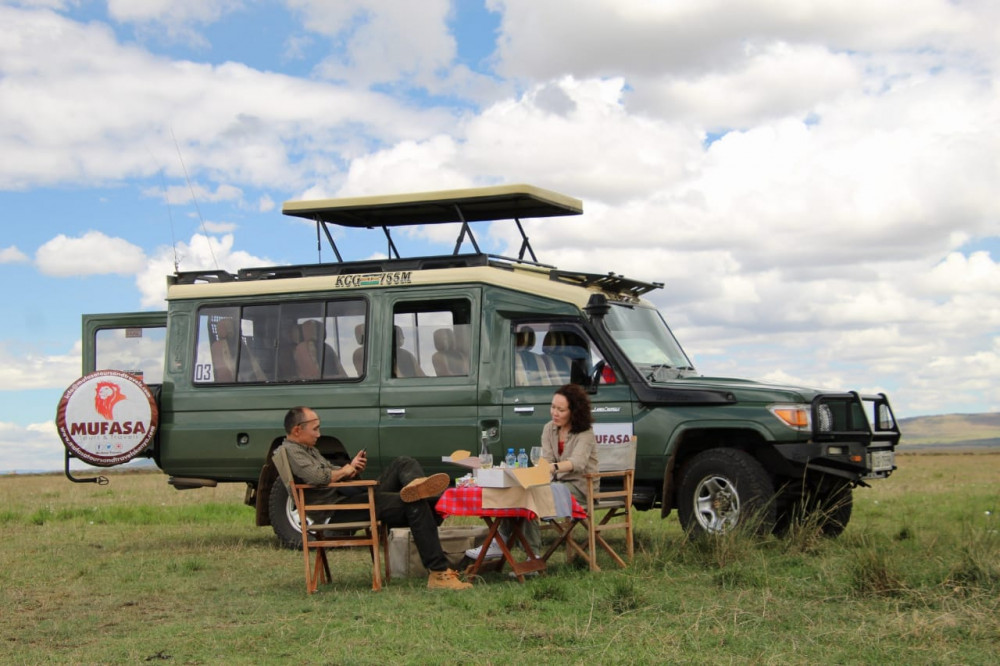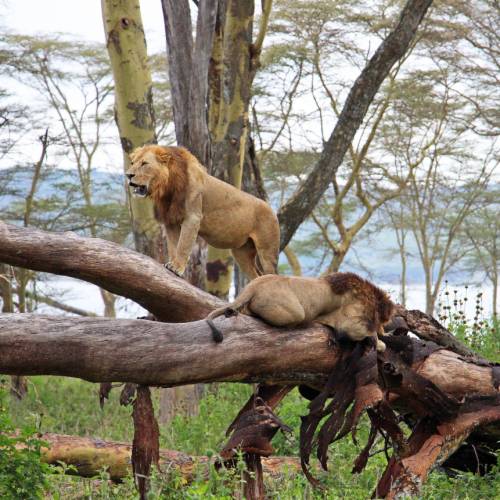Free Facts To Deciding On Devil666 Websites
Wiki Article
What Are The Transportation Arrangements I Need To Be Aware Of When I Visit Mombasa In Kenya?
Understanding the various transportation options for Mombasa is crucial to an enjoyable and successful holiday. Here are the most important considerations to be taken into consideration:
1. The journey to Mombasa
By Air: Moi International Airport (MBA) is the principal airport that serves Mombasa. It is the hub for both international and national flights. Mombasa can be reached by many major airlines.
By Train by Train Madaraka operated Kenya Railways offers a modern train service that is well-equipped between Nairobi Kenya, Nairobi, and Mombasa.
Bus The bus companies like Coast Bus and Modern Coast offer service between Mombasa with other major cities in Kenya.
2. Local Transportation in Mombasa
Taxis & Ride-Hailing Services are readily available. Uber and Bolt, two popular companies for ride-hailing in Mombasa provide convenient transportation options.
The three-wheeled vehicle is an affordable and easy way to travel through the city. They are ideal for short distances.
Matatus: They are shared minibuses which follow particular routes. This is the most popular kind of public transportation. Although they're a more affordable option, they can also be noisy and uncomfortable.
Boda bodas: Motorcycle taxis provide a swift and convenient way to travel, particularly in areas of high traffic.
3. Car Rentals
You can hire a car in the airport and the city. Car rental companies including local and international, offer a wide range of vehicles. Be aware of local driving regulations and traffic laws.
Services with chauffeurs are available to those who do not wish to drive.
4. Ferry Services
Likoni Ferry: This ferry connects Mombasa Island to the mainland part of the city. The ferry is a crucial service for getting to the beaches to the south. Cars have to pay.
5. Excursions, Day Trips and even excursions
Tour Operators provide excursions to many of the most popular destinations including Mombasa Marine National Park Fort Jesus and the nearby beaches Diani and Nyali. These excursions usually include transportation.
Public Transport: Independent travellers can make use of a matatus taxis and tuktuks to various attractions.
6. Walking and cycling
It is possible to rent bicycles in certain areas, especially along the coast beaches.
Walking is feasible in certain places in Mombasa. This includes Mombasa's Old Town and the areas along the beach.
7. Travel Tips
Safety: Do not use public transport during the late at night. Make sure you use taxis or reputable taxi services. Be vigilant about your personal belongings.
Negotiation is crucial for taxis and Tuk tuks. Meters are not used often.
Traffic: Expect a lot of traffic in the vicinity of the Likoni Ferry as well as in the central business districts at peak times.
You can enjoy a relaxing and hassle-free vacation in Mombasa by knowing the available transportation choices. Follow the top kenya tours and safaris Wasini Watamu for blog recommendations including africa and safari, kenya safari tours, safari company kenya, travel tours in kenya, african safari packages, africa in kenya, african safari tours kenya, mombasa tour packages, trips to kenya, africa safaris and tours and more.

What Do I Need To Know About The Weather In Mombasa While I Am On Vacation?
When planning a holiday in Mombasa, Kenya, understanding the local weather patterns is crucial to packing properly and getting the most of your trip. Here are some important aspects to keep in mind.
1. Climate Overview
Mombasa is a city that is tropical with warm temperatures all year long. Expect warm weather with temperatures typically ranging from 24 degrees Celsius (75%F) to 32degC (90%F).
2. Seasons
The hot and humid season (November-April) is marked by extreme temperatures and high humidity. It is the most popular tourism season.
Long rains from April to June The rainy season brings heavy rains and occasionally thunderstorms. Roads can become muddy and make it difficult to travel. This is the off-season for tourism.
Cooler Season (June to October): Enjoy the cooler temperatures and less humidity during this period. The weather is ideal for outdoor activity.
Short rains (October to November) Short Rains (October - November): These are brief, less intense rainshowers. The rains are usually short, but are followed by sunshine.
3. Packing Tips
Pack light, breathable clothing such as linen or cotton to keep cool in humid temperatures.
Make sure you have rain gear in case you're traveling during the season of rain. It includes waterproof clothing and footwear.
Sun Protection: A sunscreen that has a high sun protection factor (SPF) and a broad-brimmed cap, sunglasses, and light clothing covering your skin can help you shield yourself from the harsh sun.
Swimwear: Make sure you have your swimwear with you at all times you visit the hotel pools and beaches.
4. Weather-specific activities
Beach Time - The most ideal time to go to the beach during cooler temperatures (June through October) is when the water is calm and the weather good.
Clear and calm water is perfect for diving, snorkeling and other water sports between November and March.
Wildlife Viewing. The cooler months (June-October) are also great for safaris and wildlife trips because the temperatures are more tolerable.
5. Questions of Health
Hydration is important during this humid and hot weather. Take plenty of fluids especially if you're in the sun.
The heat-related illnesses: Be aware to the dangers of heatstroke or exhaustion. Wear loose clothing and make frequent breaks in shade. Avoid vigorous activity during peak heat.
6. Travel Adjustments
Rainy Season Travel: Be ready to deal with delays in travel and disruptions if you go to during the season of rain. There could be delays due to roads that are not passable and the limited outdoor activities.
Tropical Rains: Sometimes tropical rains can delay flights. Be aware of your travel schedule and make contingency plans.
7. Environmental Considerations
Natural hazards: Be aware of the risk of flooding in heavy rains. Be aware of the weather and follow local safety advice.
Remember to be conscious of the tides. They can change dramatically. Consult local tide schedules for a safe and secure beachcombing and swimming experience.
If you understand the importance of the weather, then you'll be in a position to plan your trip, pack correctly, and ensure that your stay in Mombasa is secure. Read the top rated island snorkeling in mombasa for more info including tours & safaris, safari excursions, beach in mombasa, tour company in kenya, kenya tour operator, mombasa safari packages, mombasa safaris kenya, travel & tours company, africa tours and safaris, african safari packages and more.

What Environmental Responsibilities Do I Must Be Aware Of While I Am What Environmental Responsibilities Should I Be Aware Of When Traveling Mombasa, Kenya?
To preserve the natural beauty and variety of Mombasa in Kenya it is crucial to be mindful of the environment. Here are important environmental considerations:
1. Sustainable Accommodation
Eco-friendly Hotels: Choose hotels that are committed to sustainability. Find eco-labels or certifications like Eco-Tourism Kenya.
Join hotel initiatives to conserve energy and water. Reuse linens and towels. Switch off the lighting and air conditioning when they are not in use.
2. Responsible Wildlife Viewing
Respect Wildlife. Do not disturb animals by keeping an area of safety between you and them. Follow the instructions given by your tour leader.
Do not feed animals. The act of feeding wild animals could change their diet and behaviour.
Leave No Track: Don't litter in wildlife reserves or parks. Take all trash with you, and dispose it properly.
3. Plastic Reduction
Beware of single-use plastics. Take a bag for shopping that is reusable along with a water bottle, utensils and even a mug.
Encourage Local Initiatives: Join in local beach clean-up efforts and organisations working to decrease the amount of plastic pollution.
4. Water Conservation
Be aware of how you use water: Mombasa experiences water scarcity problems. Shut off the faucets and take shorter showers.
Eco-friendly products: Use organic or biodegradable toiletries in order to limit the impact on water.
5. Energy Conservation
Reduce energy usage: Unplug electronic equipment when it is not in use and limit the usage of air conditioners.
Help support renewable Energy by selecting accommodation and tour operators that make use of renewable energies.
6. Sustainable Transportation
Public Transport: If you can take public transport such as buses and matatus to reduce your carbon foot print.
You can consider walking or renting bikes to travel short distances. Certain areas have eco-friendly tuktuks.
7. Supporting Local Economic Development
Buy local: Support the local economy by buying food, souvenirs and other items from local merchants.
Fair Trade: Choose items that are certified fair trade so that local producers are fairly compensated.
8. Environmental Education
Learn and Share Learn and Share - Get educated about the environment in your area, as well as conservation efforts. Discuss with your friends your findings to raise awareness.
Respect local cultures : Be aware of and respect local customs, practices and beliefs that are related to the conservation of the natural environment.
9. Marine Conservation
Responsible Snorkeling and Diving: Don't touch or step directly on coral reefs. Use sunscreen that is safe for reefs to safeguard marine life.
Never dispose of waste into the ocean. Join or help in marine conservation programs.
10. Ethical Souvenirs
Beware of Wildlife Products Avoid purchasing products made from endangered animals like ivory and tortoiseshell.
Sustainable Materials Buy souvenirs made of recycled or sustainable materials.
11. Take part in conservation activities
Volunteer: You are able to volunteer to support local conservation efforts or tourism-based initiatives.
Help local NGO's in your area. Donate money or give support to conservation organizations and NGOs working in your area to help protect the environment.
12. Responsible Travel Policies
Small groups of travelers can lessen the environmental impact.
Eco-Tours: Pick tour companies that follow eco-friendly practices and are committed to sustainability.
By keeping these environmental duties in mind, it is possible to contribute to the preservation and beauty of Mombasa and the diversity of this region for future generations. Read the top rated kenya safari packages prices for site tips including african safari kenya, safari and tours, safari trips in kenya, safari trips in africa, mombasa tour companies, africa tours, trips to kenya, afri safari, african safari excursions, kenya safari beach and more.
